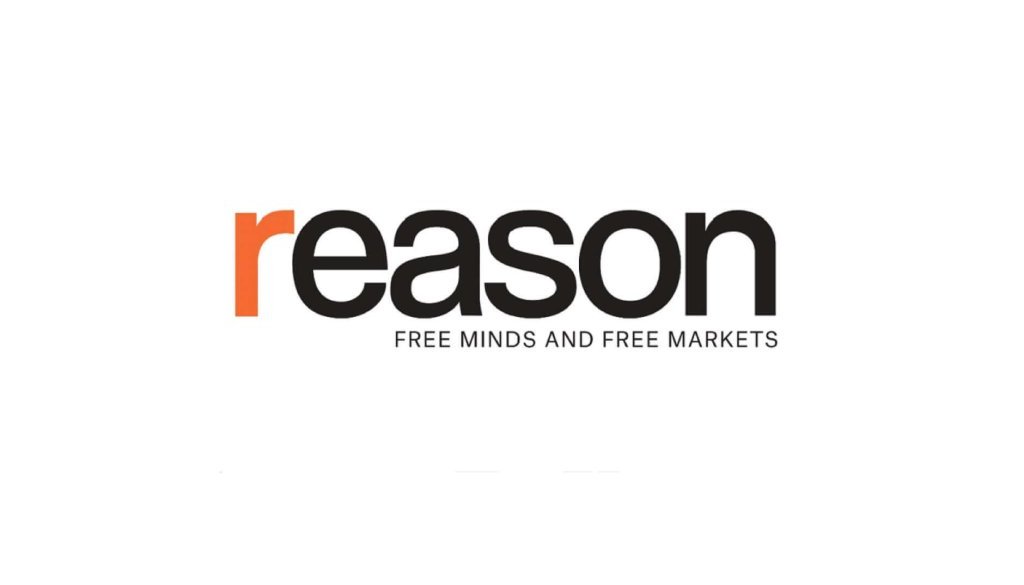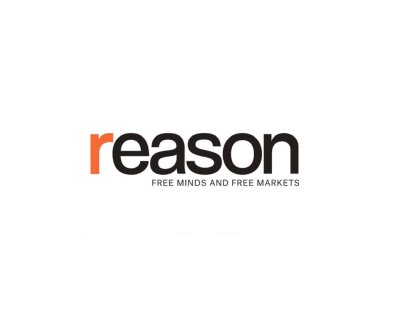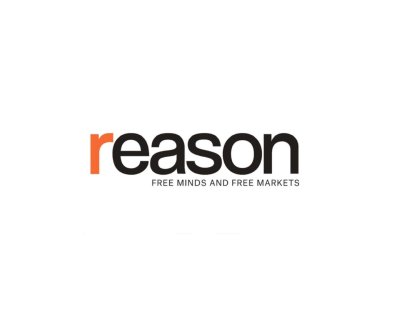The Inflation Election
In retrospect, the most important incident along the road to this Election Day may not have been the Democratic Party’s decision to shove aside President Joe Biden, or the unprecedented (and undemocratic) elevation of Vice President Kamala Harris to the top of the ticket. It wasn’t the Republican Party’s inability to break out of the thrall that Donald Trump holds over it, or the two assassination attempts aimed at him.
The thing that most shaped this election happened long before all that. It was a decision made in the early days of the Biden administration. With the last election barely in the rearview window, Biden pushed a major stimulus bill through Congress—a bill that spent $1.9 trillion, nearly all of it borrowed—despite warning signs that the already recovering economy might not be able to handle the full-throttle infusion of more dollars.
“Now is the time for big, bold action to change the course of the pandemic and begin economic recovery,” Biden promised. Bloomberg termed it a “big bet on run-it-hot economics,” and noted that the White House had “shrugged off warnings that the economy may overheat as a result.”
It was a wager that didn’t pay off the way the White House had hoped.
A year later, inflation had surged to over 9 percent, its highest level in 40 years. As I’ve written before, that fact undersells the historical context: Before 2021, the last full year in which America experienced an average inflation rate of more than 4 percent was 1991. There was only a single year (2008) from then through 2020 when the annual inflation rate exceeded 3 percent. In other words, peak inflation in the first half of 2022 was two to three times worse than the worst bout of inflation that most Americans could easily recall.
For those of us who follow political and economic news for a living—or even as a serious hobby—all of this probably feels like, well, old news. Prices have been rising at a much more normal pace for the past year or more. In September, the annualized inflation rate was 2.4 percent. Higher than the prepandemic norm, but nothing that should cause an electoral freak-out.
But the average voter isn’t a political or economics junkie, and much of America sees 2024 as the inflation election: a referendum on the federal policies that caused that brief and horrific surge in prices. (That causation is well established by now: A study by the St. Louis Federal Reserve found that “domestic stimulus” played a “sizable role” in driving inflation to 40-year highs.)
An Ipsos poll in August found that 50 percent of voters said inflation wa
Article from Reason.com

The Reason Magazine website is a go-to destination for libertarians seeking cogent analysis, investigative reporting, and thought-provoking commentary. Championing the principles of individual freedom, limited government, and free markets, the site offers a diverse range of articles, videos, and podcasts that challenge conventional wisdom and advocate for libertarian solutions. Whether you’re interested in politics, culture, or technology, Reason provides a unique lens that prioritizes liberty and rational discourse. It’s an essential resource for those who value critical thinking and nuanced debate in the pursuit of a freer society.




